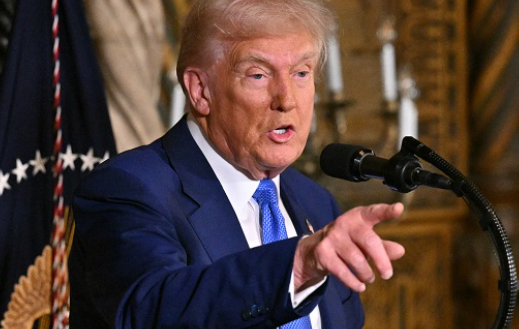US President Donald Trump has appealed to the Supreme Court to lift a ban on deportations under the 1798 Alien Enemies Act, a wartime law that has been used to target alleged gang members.
This move comes after Trump invoked the law to deport alleged members of the Venezuelan gang Tren de Aragua to a prison in El Salvador.
However, a lower court intervened, ruling that the summary deportations must be paused.
The Trump administration argues that the president should have the sole authority to conduct national security operations without judicial interference.
This legal battle highlights the ongoing debate over the balance of power between the executive branch and the judiciary.
The Alien Enemies Act, enacted in 1798, grants the president the authority to detain or deport aliens deemed a threat to national security during times of war or national emergency.
Trump’s use of this law to target alleged gang members has sparked controversy and raised questions about the limits of executive power.
As the case heads to the Supreme Court, it remains to be seen whether the justices will uphold the lower court’s ruling or side with the Trump administration.
The outcome could have significant implications for the president’s authority to conduct national security operations and the rights of non-citizens in the United States.








